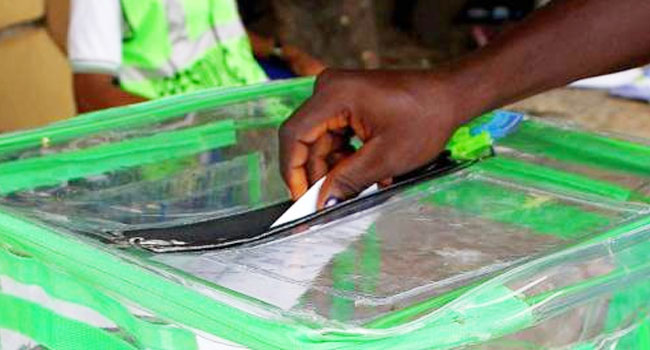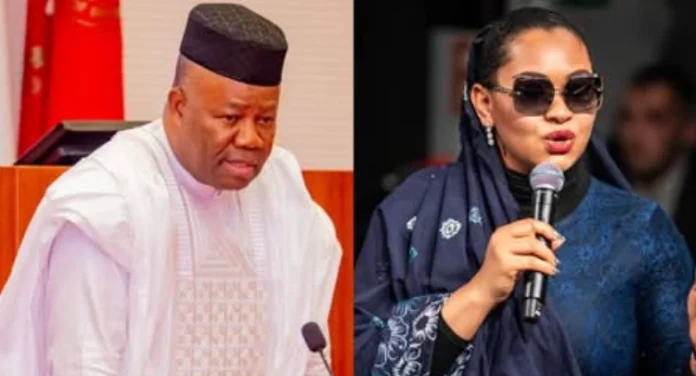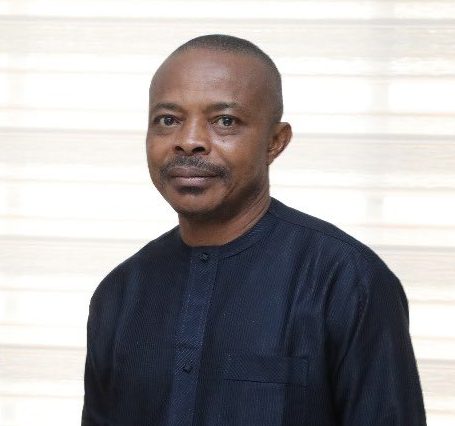
A survey conducted by the Centre for Journalism Innovation and Development (CJID) revealed that 64% of Nigerians doubt the fairness of the upcoming governorship elections in Edo and Ondo, scheduled for September 21 and November 16, 2024, respectively.
The report, released on Monday in Abuja, cited voter apathy and perceived judicial bias as major concerns that could undermine the credibility of the polls.
Only 36% of respondents expressed confidence in the elections being conducted fairly and credibly.
According to CJID’s Programme Manager for Media in National Elections, Amina Miango, the survey aimed to examine the state of democracy in Nigeria by assessing the roles of key electoral stakeholders, citizen participation, and challenges of voter engagement.
She stated, “The survey aimed to examine the state of democracy in Nigeria by assessing the roles of key electoral stakeholders, citizen participation, and the challenges of voter engagement in the upcoming off-cycle governorship elections in Edo and Ondo States.”
“The study utilized a mixed-methods approach, combining online and offline data collection to gather insights from 2,156 respondents across urban and rural areas in both states.”
Mboho Eno, CJID’s Deputy Director of the Accountability Programme, noted that the survey’s findings highlight significant voter apathy, with historical data showing a declining trend in voter turnout, despite increased voter registration and engagement in pre-election activities.
He stated, “The survey highlights a troubling trend of distrust towards electoral processes and institutions. Only 36% of respondents expressed confidence in the elections being conducted fairly and credibly. Similarly, 36% expressed scepticism about the judiciary’s impartiality in resolving election disputes. This significant trust deficit poses a risk to voter turnout and overall engagement.”
Other key findings of the survey include a 71% expectation of violence during the elections, 56% doubting the ability of the Independent National Electoral Commission (INEC) to conduct free and fair polls, and 50% relying on social media for election information amid concerns over misinformation. Additionally, 36% of respondents questioned the judiciary’s impartiality in resolving election disputes.
The survey, which sampled 2,156 respondents across urban and rural areas in both states, was part of CJID’s Media in National Election (MiNE) project.
To address these challenges, CJID recommended continuous civic and voter education, electoral reforms and technology integration, improving the internal democracy of political parties, enhancing the media’s role in elections, and reforming election dispute resolution mechanisms.
The CJID report also urged stakeholders, including electoral institutions, political parties, media, and civil society organizations, to collaborate in creating a more inclusive and transparent electoral environment.


